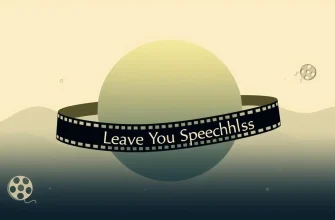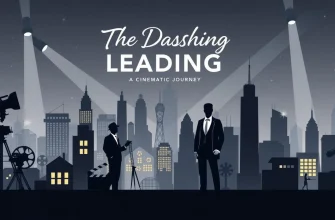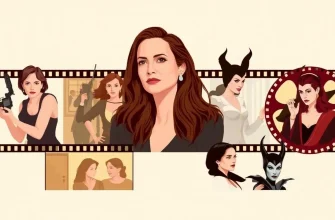Philosophy and cinema have always been intertwined, offering viewers not just entertainment but also a deeper understanding of life, existence, and the human condition. This curated list of the best philosophical films invites you to engage with complex ideas, moral dilemmas, and existential questions through the lens of some of the most thought-provoking movies ever made. Each film in this collection has been selected for its ability to stimulate intellectual discourse and provide profound insights into philosophical themes, making it an invaluable resource for those who seek to expand their philosophical horizons through film.

The Seventh Seal (1957)
Description: Ingmar Bergman's masterpiece deals with existential themes like the search for meaning in life, the inevitability of death, and the silence of God.
Fact: The film was inspired by Bergman's own experiences with death and his struggle with faith.
 Watch Now
Watch Now 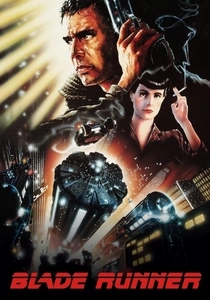
Blade Runner (1982)
Description: Set in a dystopian future, this film delves into themes of humanity, artificial intelligence, and what it means to be alive, questioning the essence of life and identity.
Fact: The film's director, Ridley Scott, was inspired by Philip K. Dick's novel "Do Androids Dream of Electric Sheep?" which itself explores philosophical questions.
 Watch Now
Watch Now 
Groundhog Day (1993)
Description: This comedy-drama explores themes of personal growth, the nature of time, and the possibility of redemption through an endless time loop.
Fact: The film has been interpreted as a modern-day Buddhist parable about enlightenment and self-improvement.
 Watch Now
Watch Now 
The Truman Show (1998)
Description: This film explores the ethics of reality television, free will, and the search for authenticity in a world where everything is staged.
Fact: The film's concept was inspired by a French TV show called "The Secret Camera," which secretly filmed people in everyday situations.
 Watch Now
Watch Now 
The Matrix (1999)
Description: This film explores the nature of reality, free will, and the ethics of control through the story of a hacker who discovers the world he knows is a simulated reality.
Fact: The Wachowskis were influenced by philosophers like Jean Baudrillard and Plato's Allegory of the Cave when creating the film's concept.
 Watch Now
Watch Now 
Waking Life (2001)
Description: Through a series of animated philosophical discussions, this film delves into the nature of reality, consciousness, and the meaning of existence.
Fact: The film was shot using a technique called rotoscoping, where live-action footage is traced over to create an animated effect.
 Watch Now
Watch Now 
Eternal Sunshine of the Spotless Mind (2004)
Description: This film raises questions about memory, identity, and love, exploring whether we would erase painful memories if given the chance.
Fact: The title is derived from a line in Alexander Pope's poem, reflecting the film's theme of erasing memories.
 Watch Now
Watch Now 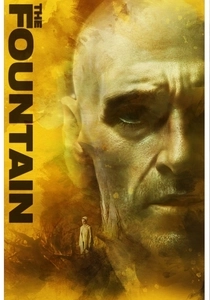
The Fountain (2006)
Description: Darren Aronofsky's film intertwines three stories across different time periods, exploring themes of love, mortality, and the quest for eternal life.
Fact: The film's narrative structure was inspired by the Tree of Life from the Book of Genesis, reflecting its philosophical exploration of life and death.
 Watch Now
Watch Now 
The Tree of Life (2011)
Description: Terrence Malick's film contemplates the meaning of life, the existence of God, and the nature of grace through a deeply personal narrative.
Fact: The film features a 22-minute sequence depicting the creation of the universe, which was inspired by philosophical and religious texts.
 Watch Now
Watch Now 
A Serious Man (2009)
Description: The Coen Brothers' film examines the Job-like trials of a Jewish man, questioning faith, morality, and the randomness of life's events.
Fact: The film's title is a reference to the Book of Job, reflecting its philosophical inquiry into suffering and faith.
 Watch Now
Watch Now 




